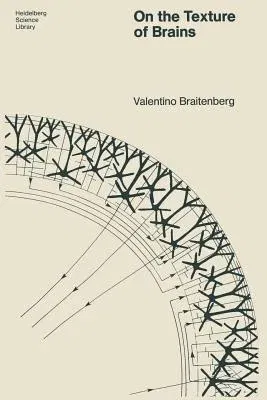Valentin Braitenberg
(Author)On the Texture of Brains: An Introduction to Neuroanatomy for the Cybernetically Minded (1977)Paperback - 1977, 1 November 1977

Qty
1
Turbo
Ships in 2 - 3 days
In Stock
Free Delivery
Cash on Delivery
15 Days
Free Returns
Secure Checkout
Part of Series
Heidelberg Science Library
Print Length
129 pages
Language
English
Publisher
Springer
Date Published
1 Nov 1977
ISBN-10
354008391X
ISBN-13
9783540083917
Description
Product Details
Author:
Book Edition:
1977
Book Format:
Paperback
Country of Origin:
US
Date Published:
1 November 1977
Dimensions:
23.39 x
15.6 x
0.76 cm
ISBN-10:
354008391X
ISBN-13:
9783540083917
Language:
English
Location:
Berlin, Heidelberg
Pages:
129
Publisher:
Series:
Weight:
204.12 gm

